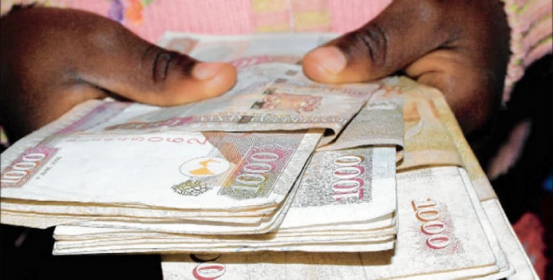×
The Standard e-Paper
Join Thousands Daily

NAIROBI, KENYA: Two of every Sh5 collected in taxes goes into paying salaries for government employees, a scary prospect highlighting the time bomb that is the public wage bill.